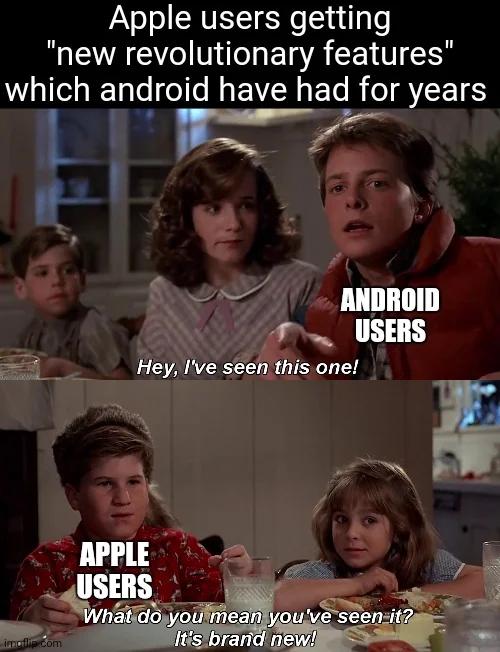Apple is loosening its App Store restrictions and opening the marketplace up to retro game emulators...in an update on Friday, Apple announced that game emulators can come to the App Store globally and offer downloadable games...Apple says those games must comply with "all applicable laws" though — an indication it will ban apps that provide pirated titles...
https://www.theverge.com/2024/4/5/24122341/apple-app-store-game-emulators-super-apps
https://www.theverge.com/2024/4/5/24122341/apple-app-store-game-emulators-super-apps
![[H]ard|Forum](/styles/hardforum/xenforo/logo_dark.png)


